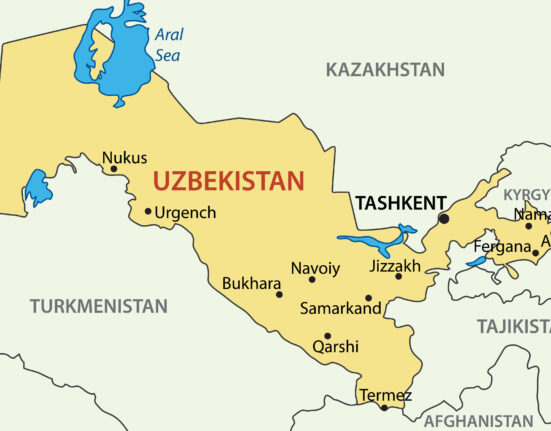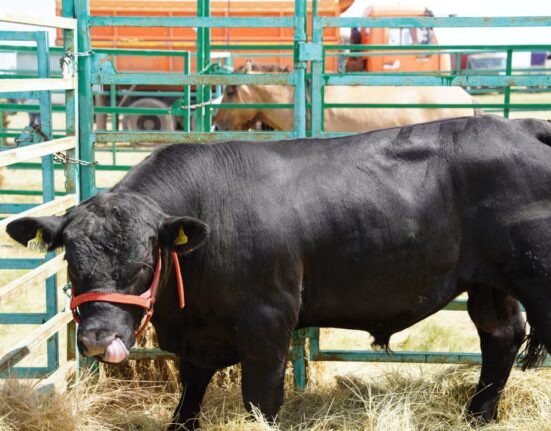The Asian Development Bank (ADB) has approved $17 million in grant financing to help Tajikistan digitalize and modernize livestock farming, helping people earn more and improve access to nutritious food. The financing includes a $14 million grant from the Asian Development Fund and a $3 million grant from the Japan Fund for Prosperous and Resilient Asia and the Pacific (JFPR) financed by the Government of Japan through ADB.
Tajikistan’s agriculture sector has grown steadily, employing more than 40% of the working population and contributing more than 20% to the economy. Livestock is especially important, with most animals raised by small households. But climate challenges, outdated veterinary services, and limited digital tools make it harder for livestock farmers to succeed—especially women, who are often the ones caring for the animals.
“Through this project, ADB will support Tajikistan to modernize livestock farming by introducing a national digital livestock system, improving veterinary services, and upgrading pasture areas to better handle climate risks,” said ADB Country Director for Tajikistan Ko Sakamoto. “This means farmers will have healthier animals and earn more money, people will eat better food, and women will have more chances to lead in animal farming.”
The project will set up a national digital livestock system to track animal health, control livestock movement, and certify animals for domestic markets or exports. It will also help modernize public breeding and veterinary services in pilot districts to meet commercial standards and attract private investment. Part of this will be the improvement of a national artificial insemination center and the establishment of a facility for safe storage of genetic material.
Mobile clinics and regional veterinary centers will be equipped with diagnostic tools and will serve to strengthen vaccine cold chains. To strengthen veterinary services, the project will modernize training schools, offer scholarships to women veterinarians, and create a national network of women veterinarians.
The project will improve pasture management to make it more climate resilient. This includes creating a national digital pasture health map, upgrading a pilot animal migration point with shelters and washing stations, and providing mobile facilities for veterinary care. Communities will be trained to manage pastures and plan sustainable grazing.
The project completion is targeted by 2031.




